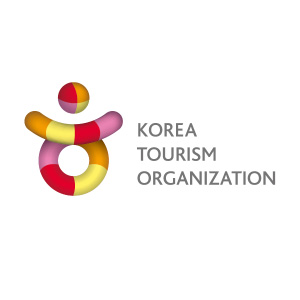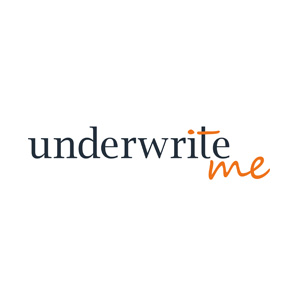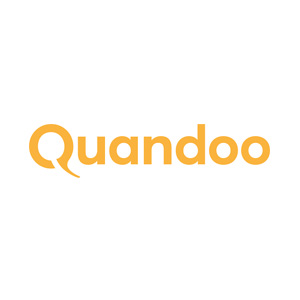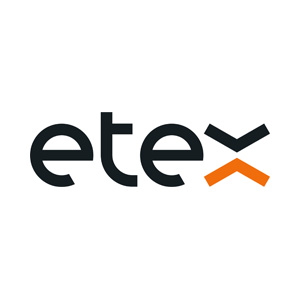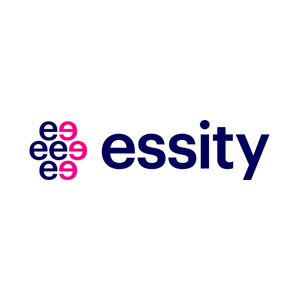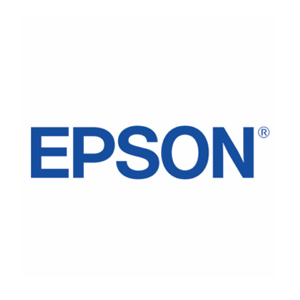2Europe conducted this research for a leading international professional membership organisation, to design and deliver a comprehensive diversity, equity, and inclusion (DEI) survey for its global membership. The project highlights 2Europe’s expertise in survey design, data collection, and stakeholder collaboration — transforming complex, sensitive topics into clear, actionable insights that inform strategic policy and promote organisational inclusivity.
Project Overview
The client sought to understand the experiences, perceptions, and diversity of its global membership base. Recognising the importance of evidence-led inclusion initiatives, the client commissioned 2Europe to design and execute a large-scale DEI survey that would capture detailed demographic and experiential data across gender, ethnicity, age, career stage, and professional role. The goal was to generate robust insights to guide the organisation’s equality strategy and inform future policies that support inclusivity across the profession.
2Europe was selected based on its strong reputation for research excellence, its prior successful collaborations with professional organisations, and its ability to interpret complex issues into measurable, actionable outcomes.
Project Objectives
The research aimed to deliver a structured, credible, and actionable survey instrument that would serve as the foundation for the client’s long-term DEI strategy. Specific objectives included:
- Developing a comprehensive DEI survey that captured both demographic and perceptual data.
- Measuring members’ experiences of equality, representation, and inclusion within the profession and the client institution.
- Creating a tool to benchmark diversity across key member characteristics.
- Generating actionable insights to inform strategic planning and policy development.
- Providing a transparent, data-driven foundation for future DEI initiatives and reporting.
Methodology
2Europe adopted a collaborative and iterative approach to ensure that the survey reflected both best practice in equality research and the unique context of the client’s membership. The process combined methodological rigour with sensitivity to cultural and regional nuances.
- Research Design 2Europe began by engaging directly with the client’s Head of Education Policy and senior stakeholders to define key focus areas. Through consultation workshops, 2Europe refined the conceptual framework, ensuring alignment with the client’s objectives and tone. The resulting questionnaire included a balanced mix of quantitative metrics and open-ended qualitative questions designed to capture both measurable trends and contextual insights.
- Survey Development and Testing 2Europe produced a draft survey and collaborated with the client to refine question structure, language, and sequencing. A pilot phase was conducted to validate comprehension and flow, ensuring that the final instrument was intuitive and accessible to a diverse international audience. This iterative refinement guaranteed clarity and inclusivity, reducing response bias and improving data quality.
- Survey Deployment The final survey was distributed to the client’s global membership, encompassing professionals at varying career stages and across multiple regions. 2Europe provided guidance on survey dissemination strategy, optimising engagement and response rates through targeted communication and accessibility considerations.
- Data Management and Reporting Upon completion of fieldwork, 2Europe processed and cleaned the dataset, delivering analytical outputs tailored for the client’s internal use. Findings were structured to support segmentation by demographic variables, enabling detailed analysis of trends and patterns across the global membership. The results provided the evidence base for the client’s DEI action plan and long-term strategic initiatives.
Outcomes
The project delivered a high-quality, comprehensive DEI survey that met all of the client’s technical, strategic, and organisational objectives. Key outcomes included:
- Delivery of a robust, inclusive survey instrument – capturing a broad spectrum of member demographics and experiences.
- Enhanced understanding of member diversity – providing the client with unprecedented insight into its global composition.
- Evidence-based strategy foundation – creating a reliable platform for future DEI measurement and reporting.
- Strengthened organisational awareness – encouraging open dialogue around diversity within the profession.
- Exceptional client satisfaction – the client commended 2Europe for its accessibility, responsiveness, and intuitive understanding of project needs.
Benefits to the Client
The collaboration between 2Europe and the client generated lasting organisational value, both in terms of strategic insight and cultural advancement.
- Data-driven policy development – enabling leadership to create measurable, accountable DEI initiatives.
- Strategic clarity – supporting leadership in setting clear priorities and tracking progress toward inclusivity goals.
- Improved member engagement – encouraging participation and dialogue within the global community.
- Enhanced reputation – positioning the client as a proactive leader in promoting diversity and inclusion within engineering.
- Strong partnership – building trust in 2Europe as a dependable, professional research collaborator.
Conclusion
2Europe’s research demonstrates the power of evidence-based insight to shape meaningful organisational change. Through expert survey design, close collaboration, and a deep understanding of sensitive subject matter, 2Europe delivered a tool that empowers the client to track progress, inform policy, and lead by example in fostering a more inclusive profession. The project exemplifies 2Europe’s ability to transform complex strategic goals into practical, measurable outcomes through research that is rigorous, respectful, and results-oriented.


